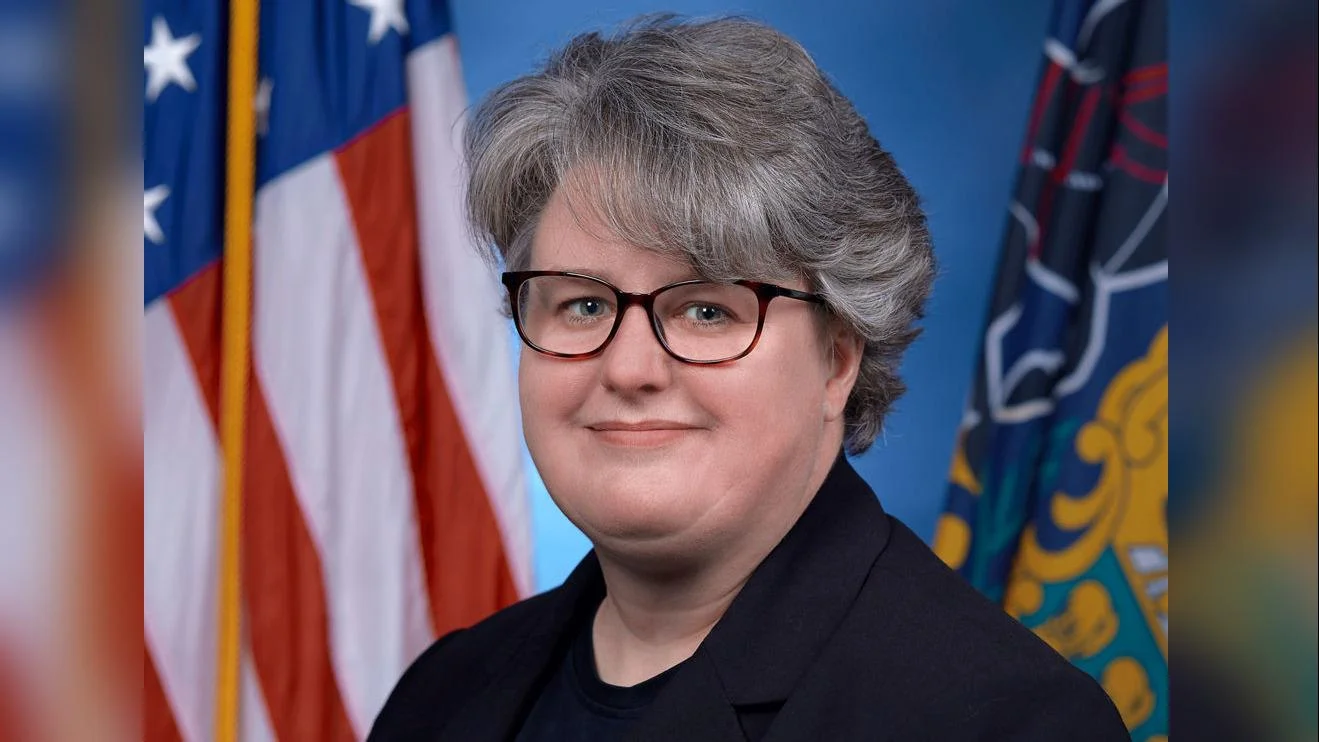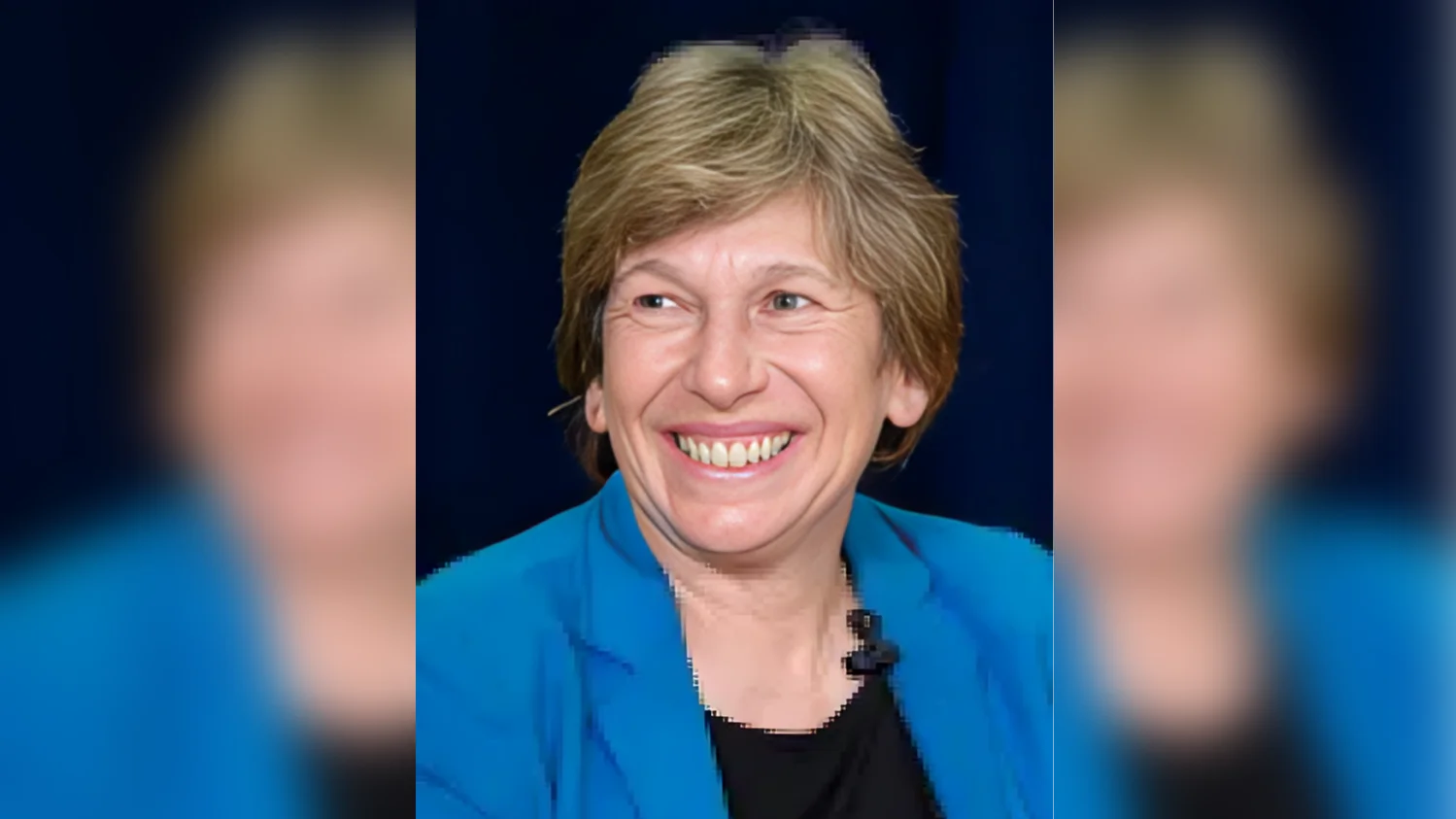
Elizabeth “Betsy” Corcoran, Co-founder and CEO | EdSurge Research
The Supreme Court has played a significant role in shaping education policy in 2025, making decisions that affect how students learn and how schools operate across the United States.
One major case this term was Mahmoud v. Taylor, where the court ruled in favor of religious parents who wanted to exempt their children from lessons containing LGBTQ-inclusive materials. The decision found that Montgomery County Public Schools in Maryland violated parents’ rights by removing opt-out opportunities for such lessons. As a result, schools must now allow religious parents to withdraw their children from these lessons and are required to provide advance notice when they occur.
This ruling is expected to have lasting effects on K-12 education nationwide. Some students and educators have expressed concern about its impact. Ayah, a high school student from Montgomery County, told the National Women’s Law Center: “The ruling made students feel ‘helpless and powerless when it comes to their own education.’” Advocates fear that this decision could add logistical challenges for teachers and potentially accelerate book bans targeting LGBTQ-inclusive content.
Another key issue addressed by the court involved the federal E-Rate program, which provides discounted broadband services to schools and libraries serving low-income or rural communities. In FCC v. Consumers’ Research, the Supreme Court upheld the legal structure behind funding for this program through the Universal Service Fund. This fund diverts money from telecommunications companies to support digital connectivity for students—a need that has grown since the pandemic as more educational activities moved online. Despite this judicial support, legislative actions continue; recently, the Senate passed a measure limiting an FCC plan intended to expand Wi-Fi access through E-Rate.
The court also considered St. Isidore v. Drummond, involving whether public funds could be used for religious instruction at a virtual Catholic charter school in Oklahoma. The case resulted in a 4-4 split after Justice Amy Coney Barrett recused herself without explanation, leaving in place a lower court decision that blocked state funding for the school’s religious curriculum. Barrett indicated her recusal was due to concerns over safety during her book tour amid heightened threats against members of the court.
Legal experts suggest similar cases may return to the Supreme Court soon as debates continue over public funding for religious charter schools.
Additionally, attention has focused on how some Supreme Court decisions are made outside of full hearings—on what is known as the “shadow docket.” This session included an order supporting efforts by the Trump administration to reduce staff at the Department of Education as part of broader attempts to dismantle public education infrastructure while increasing investment in private school alternatives. Justice Sonia Sotomayor dissented strongly: “That the court stepped in to give the thumbs up despite the ‘lawlessness’ of the administration’s actions is ‘indefensible,’” she wrote.
The majority did not provide an explanation for its decision regarding these firings.





 Alerts Sign-up
Alerts Sign-up